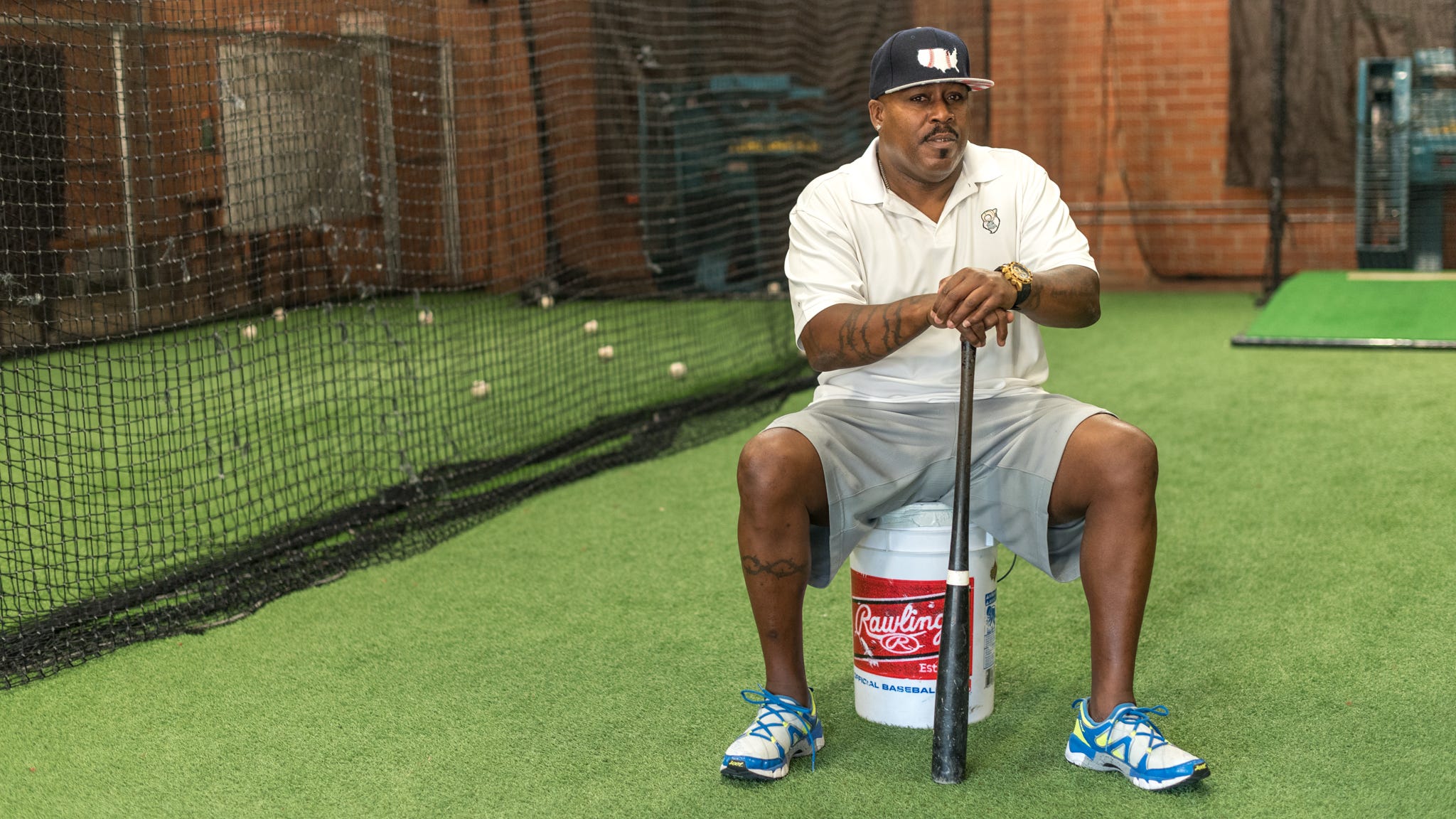The Embattled Bad Boy of Major League Baseball
Thirty years ago today Kevin Mitchell played a crucial role in the '86 Mets' miraculous World Series championship. Ever since, he’s been called a clubhouse cancer and a violent thug. Finally, Mitchell shares his side of the story.

Photos by Gema Galiana
October 25, 1986 – game six of the World Series between the New York Mets and the Boston Red Sox. Mets fans packed into Shea Stadium are beginning to lose their minds. The upper deck and mezzanine stands are literally shaking. It’s the bottom of the tenth inning. With two outs, Mets catcher Gary Carter stands at second base, and Kevin Mitchell – a 24-year-old rookie, who was called “chubby” on multiple occasions by the New York Times earlier in the season – stands on first base after hammering a single into centerfield. Though they’re behind by two runs, Mitchell recalls thinking, “we’re gonna win this.” With two strikes in the count, third baseman Ray Knight bloops a fastball into the outfield. Carter scores easily, but Mitchell fearlessly races from first all the way into third base. Moments from now Red Sox first baseman Bill Buckner will allow a faintly hit ball off the bat of the Mets’ Mookie Wilson to skirt through his legs – a tragic image etched into the …
Keep reading with a 7-day free trial
Subscribe to Narratively to keep reading this post and get 7 days of free access to the full post archives.



